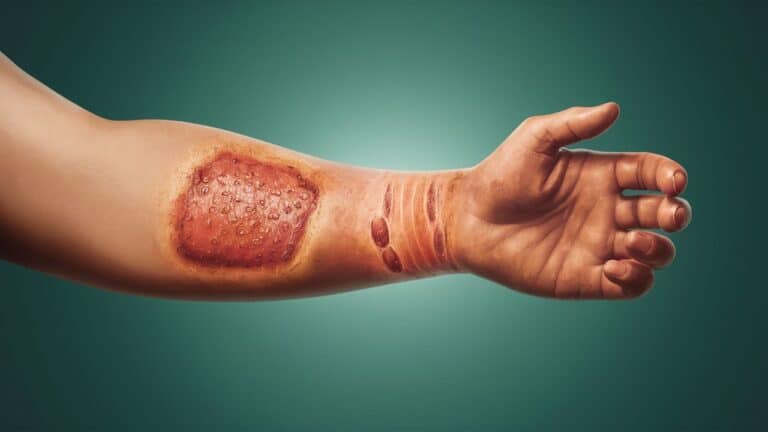Wearing a safety motorcycle helmet would go a long way in reducing the number of fatalities. However, most people fail to wear the head cover, and worse, they are unaware that it is a legal requirement. Those who know the law find it somewhat confusing and frustrating.
A Maryland motorcycle accident lawyer can explain the intricacies of the motorcycle helmet law. This article sheds a little light on whether one must wear a helmet while operating a motorcycle in Maryland.
Motorcycle helmets can be uncomfortable for most motorcyclists, but it is needed for safety. According to the Insurance Institute for Highway Safety (IIHS), a total of 5,014 motorcyclists died in crashes in 2019. Lack of safety apparel is part of the reason why most riders die in an accident.
What Does the Maryland Motorcycle Helmet Law Stipulate?
The Maryland motorcycle helmet law has been in existence since 1992 when legislators made it a universal law. It means that wearing a helmet is not a suggestion but “The law.” As universal legislation, all motorcycle riders must wear a headcover when riding on public roads.
So, it is compulsory for motorcycle riders to wear a helmet in Maryland. However, there are certain guidelines the helmet must meet for it to be acceptable. Maryland laws provide that it must be in line with Section 21-1306 of the Transportation Article of the MD Code.
An approved motorcycle helmet must have a neck or chin strap fastened when the motorcycle is in action. Also, Maryland laws stipulate that helmets must meet the state Motor Vehicle Administration (MVA) requirements. The MVA follows the Federal Motor Vehicle Safety Standard 218 as the minimum complaint standard.
Furthermore, the United States Department of Transportation recommends that motorcycle riders wear helmets that tightly fit their head. Before buying a motorcycle helmet, check the safety ratings and ensure it has a US-DOT certified sticker attached to it. Motorcyclists must also have eye protection unless their bikes have an approved windshield.
Goggles and face shields must comply with the impact-resistance regulations stipulated by the Food and Drug Administration. It must be clear and non-tinted. Like helmets, windshields or windscreens must be fastened securely to the bike. Lastly, it must be at a height that’s appropriate to protect your eyes and face while sitting in a riding position.
Does Maryland Updated Motorcycle Law Do Away With Helmets?
The Maryland legislators, since February 2020, have been talking about updating the current legislation. The legislators introduced a bill to legalize riders above 21 years riding a motorcycle without a helmet. If passed into law, it would become optional for motorcyclists to wear a motorcycle helmet, but there’s a catch. The riders whom the law would apply to would have completed a safety course and have been licensed to ride for over two years.
How Lack of Helmet Usage Affect a Personal Injury Case
Under Maryland law, failure to wear a helmet is a civil breach and considered as:
- Evidence for negligence
- Evidence for contributory negligence
- A limitation to the liability of a party or insurer
- A diminishing factor during recovery of damages arising out of ownership, maintenance, or operation of a motorcycle
The above would work against a motorcycle rider in a personal injury claim. Keep in mind that Maryland is a fault state. It means that a liable driver or motorcyclist would pay for damages from the crash through their liability insurer.
However, if a motorcycle rider fails to wear a motorcycle helmet, the insurance company would see it as an act of contributory negligence. Thus, even if the motorcyclist is not at fault, not wearing a helmet would affect their compensation claim. Even if the victim only shared 1% fault, they would be unable to get compensation.
Furthermore, Maryland law states that a motorcyclist can sue a manufacturer for a defective product irrespective of the above. It means that if a motorcycle rider suffers an injury due to a faulty design, they are entitled to compensation. Depending on the case’s facts, the court can order a motion for a separate trial to accomplish the end of justice.
Were You Involved in a Motorcycle Accident? Contact Pinder Plotkin, LLC
As mentioned earlier, motorcycle crashes result in severe bodily injuries or the death of the rider. When this happens, and the motorcyclist is not at fault, they can recover damages from the fault party. This is where motorcycle accident lawyers at Pinder Plotkin, LLC, come in.
We have a team of experts with years of experience handling personal injury cases. We will explain the applicable laws to you and help you get the compensation you deserve. Contact us today for a free case review.





